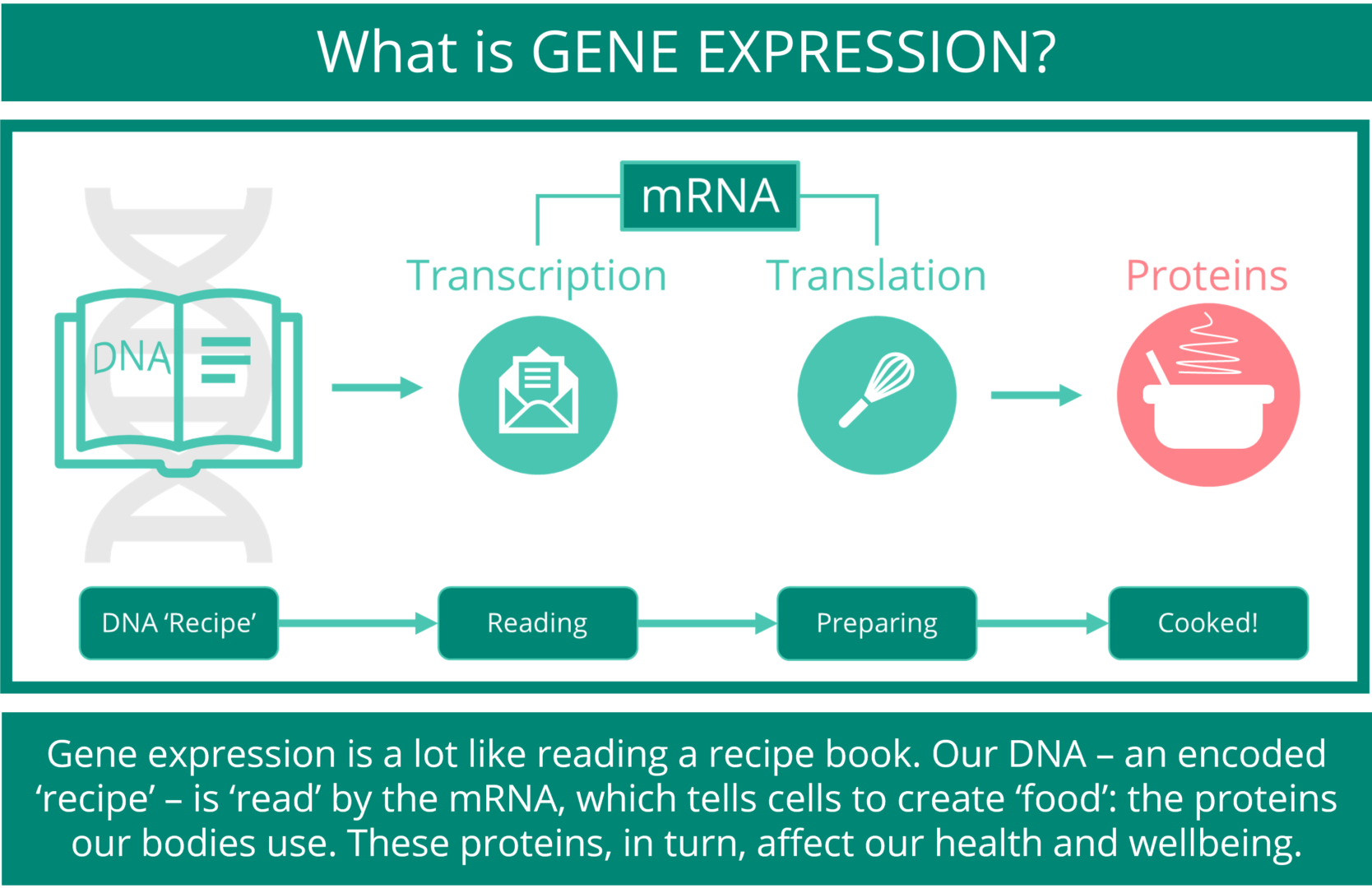Two new studies highlight the influence of air pollution on gene expression
Two recent LongITools papers highlight the role of air pollution, specifically the fine particulate matter PM2.5, in affecting gene expression in both children and adults. The studies, led by the University of Oslo, were published in Environmental Epigenetics.
Gene expression is the process cells use to read instructions from our DNA and turn them into things our body needs to function properly, like proteins. As a result, gene expression can impact our health and wellbeing.

In the study focused on children, we discovered that PM2.5 was associated with the expression of the largest number of genes, some of which may cause adverse effects. A similar trend was found in the study looking at the association of exposures with gene expression in adults. Here, genes associated with PM2.5 were involved in several biological processes, such as inflammation and neural signalling – potentially explaining the underlying mechanisms linked to the detrimental health impacts of exposure to air pollution.
What we did
The latest paper analysed data from around 1,000 adults, using the Rotterdam Study in the Netherlands, and the NoMa study in Norway. The other study used data from over 1,100 children in Generation R in the Netherlands and ALSPAC in the UK.
Using this data, both studies looked at the addresses of participants to estimate their exposure levels to various pollutants – for example, PM2.5, nitrogen dioxide (NO2), black carbon and ozone (O3). The studies also considered other factors such as proximity to water, green space, and impervious surfaces (hard, man-made areas). This allowed researchers to understand all the different exposures that could impact an individual’s health.
What we found
Across both studies, PM2.5 was prominently associated with gene expression. In the childhood study, researchers found that PM2.5 was associated with genes involved in the body’s response to bacterial and viral pathogens. This could suggest that early exposure to PM2.5 may suppress our immune response against microbial infections.
In adults, exposure to PM2.5 was associated with the expression of a wide variety of genes, affecting several functions in the body. These included inflammation, cell metabolism and regulation, and neural signalling (communication between neurons in the nervous system). In contrast, other air pollutants had little impact on gene expression – suggesting PM2.5 exposure may have a particularly significant role in any changes in gene expression.
Collectively, these studies suggest that PM2.5 has wide-ranging effects at a genetic level compared to other pollutants. This may go some way to explaining how exposure to pollution in the air we breathe can compromise our health, both as children – where it reduces our ability to fight infections – and as adults, where it can cause inflammation and other conditions that increase the risk of chronic diseases such as cardiovascular disease. Further research is required to understand more about the way air pollution and the built environment can affect the biological processes impacting our health. For policymakers, our findings highlight the importance of reducing PM2.5 pollution exposure both in early life and adulthood.

References
Amanda Rundblad at al. Exposure to fine particulate matter (PM2.5) in adults is associated with immune cell gene expression related to inflammation, the electron transport chain and cell cycle regulation. Environmental Epigenetics (2025).
Siddhartha Das et al. Air pollution exposure is associated with gene expression in children. Environmental Epigenetics (2024). 10(1).